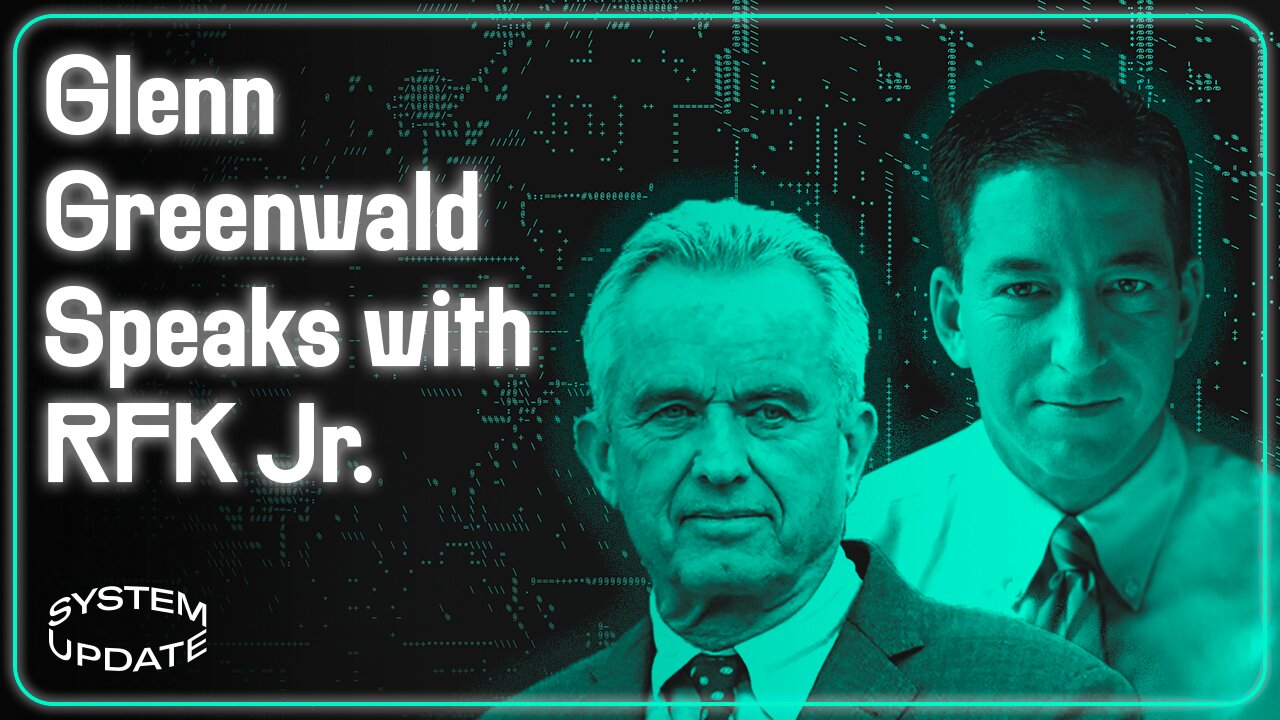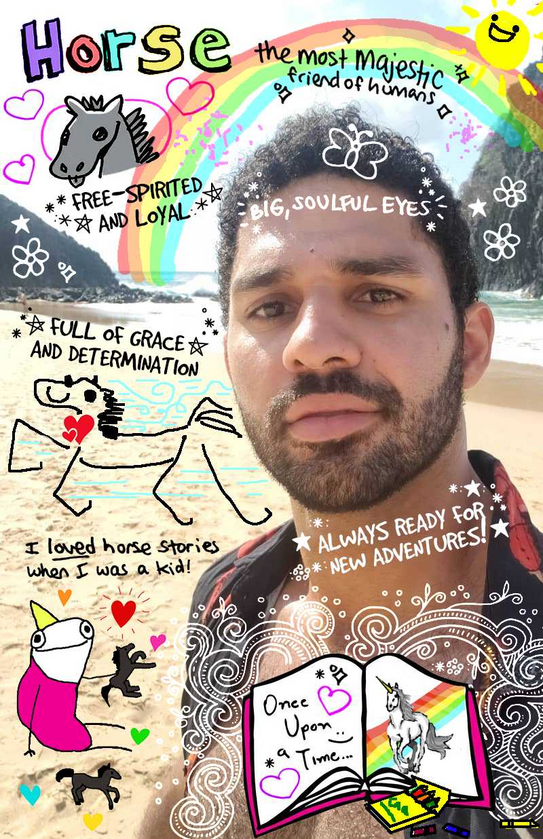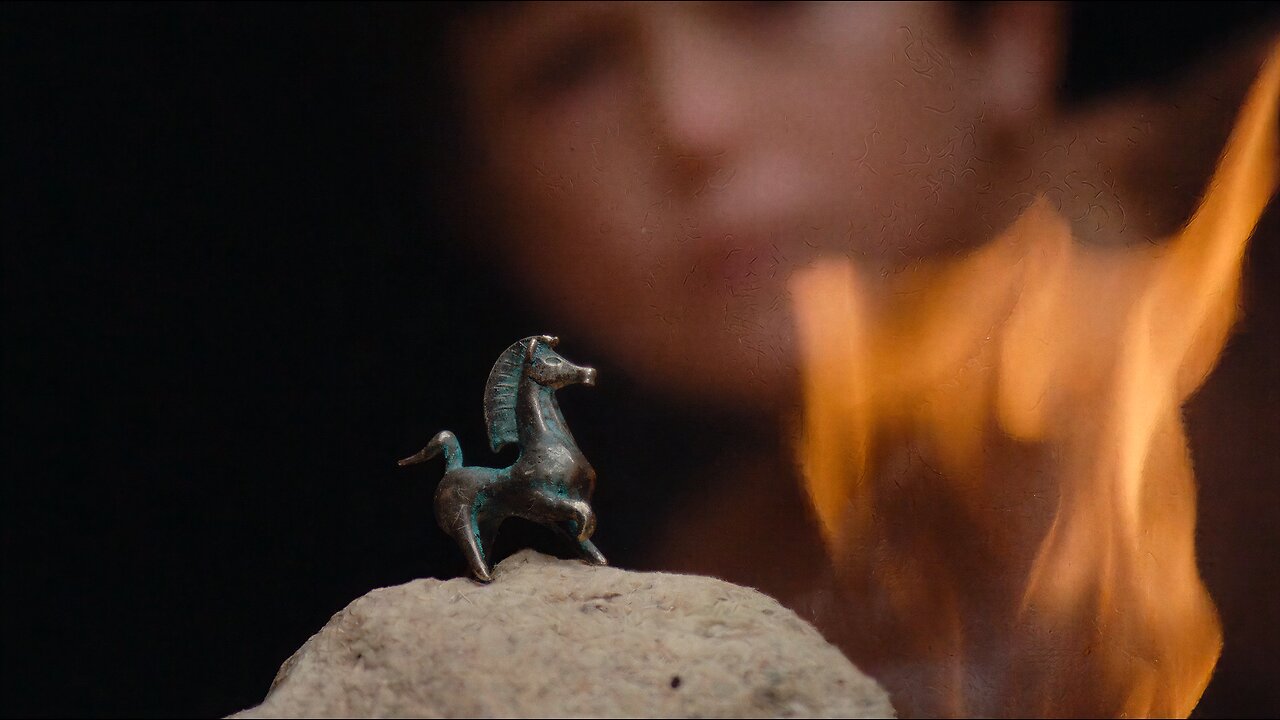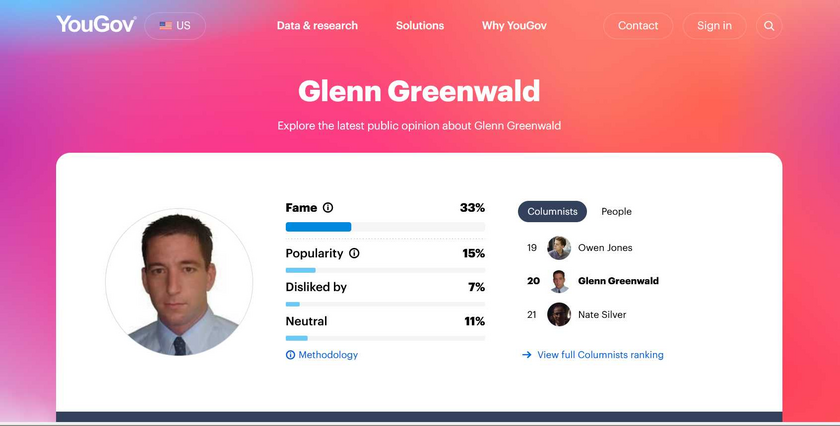Watch the full episode here:

Good evening. It's Monday, June 12. Welcome to a new episode of System Update, our live nightly show that airs every Monday through Friday at 7 p.m. Eastern, exclusively here on Rumble, the free speech alternative to YouTube.
Tonight: Robert F. Kennedy, Jr. has long followed a trajectory that made him an ideal Democrat and a beloved liberal. He bears the name of one of the most admired political families of the 20th century in the Democratic Party. His father was the Attorney general of the United States, a senator from New York, and one of the most consequential primary challengers to a sitting American president, having driven President Lyndon Johnson out of the race in 1968 with his surging campaign based on his opposition to the Vietnam War, which LBJ had championed, and that campaign ended only when his father was assassinated.
With a pedigree from Harvard and the London School of Economics, he was also a long-time environmental lawyer but rather than simply slotting himself into the easy path available to him as the progeny of one of America's most storied political families, he has instead chosen the much more difficult path of being an independent thinker, a dissident, and some of the political establishment's most shared cherished pieties, and is now featuring a deeply heterodox and trans-partisan platform based on which he's seeking the Democratic Party nomination against the incumbent President Joe Biden.
It's hard to pin down RFK, Jr. ideologically – as is true of almost anyone interesting these days. He has become an outspoken opponent of the U.S. proxy war in Ukraine, a vehement critic of the U.S. security state, especially the CIA and FBI, and an ardent opponent of the extremes of corporatist and crony capitalism, warning that the U.S. has become a corporatist oligarchy, all as a result of a government that relies on a merger of state and corporate power for the benefit of a tiny, wealthy elite. All of those views comfortably fit into the mainstream left-liberal political framework of the past. But other views he advocates, including his skepticism about vaccines, his harsh criticism of current orthodoxies and the health policy establishment that imposes them, and his warnings about the crisis at the border are harder to place. He's as comfortable speaking with Tucker Carlson and Steve Bannon as he is with traditional allies in the Democratic Party.
But something about his candidacy is exciting Democratic voters. Some of that could be the affection Democrats harbor for his family name while part of it is likely just a generalized dissatisfaction with Joe Biden and concern about whether he's able to withstand the rigors of a COVID-free, fall presidential campaign to say nothing of four more years of governing. But there must be more to it than that.
RFK, Jr. has been making the rounds in the media for months now, and the support he's claiming among Democratic voters is only increasing. The latest polls show him with 20% of Democratic voters supporting him, while another 8% support Biden's other primary challenger, Marianne Williamson. Democratic Party elites and their media allies may want to pretend it's not true, but there is clearly a real primary challenger to Joe Biden and, right now, the leading challenger is RFK, Jr.
We're excited to sit down with him and speak with him today about a broad range of issues, including what led him to launch this primary bid from within the Democratic Party, the extent to which he's willing to advocate and pursue his heterodox agenda and why he's become such an outspoken critic of the U.S. security state and its foreign policy community, both regarding Ukraine and far beyond. Here is our interview tonight with RFK, Jr.

























